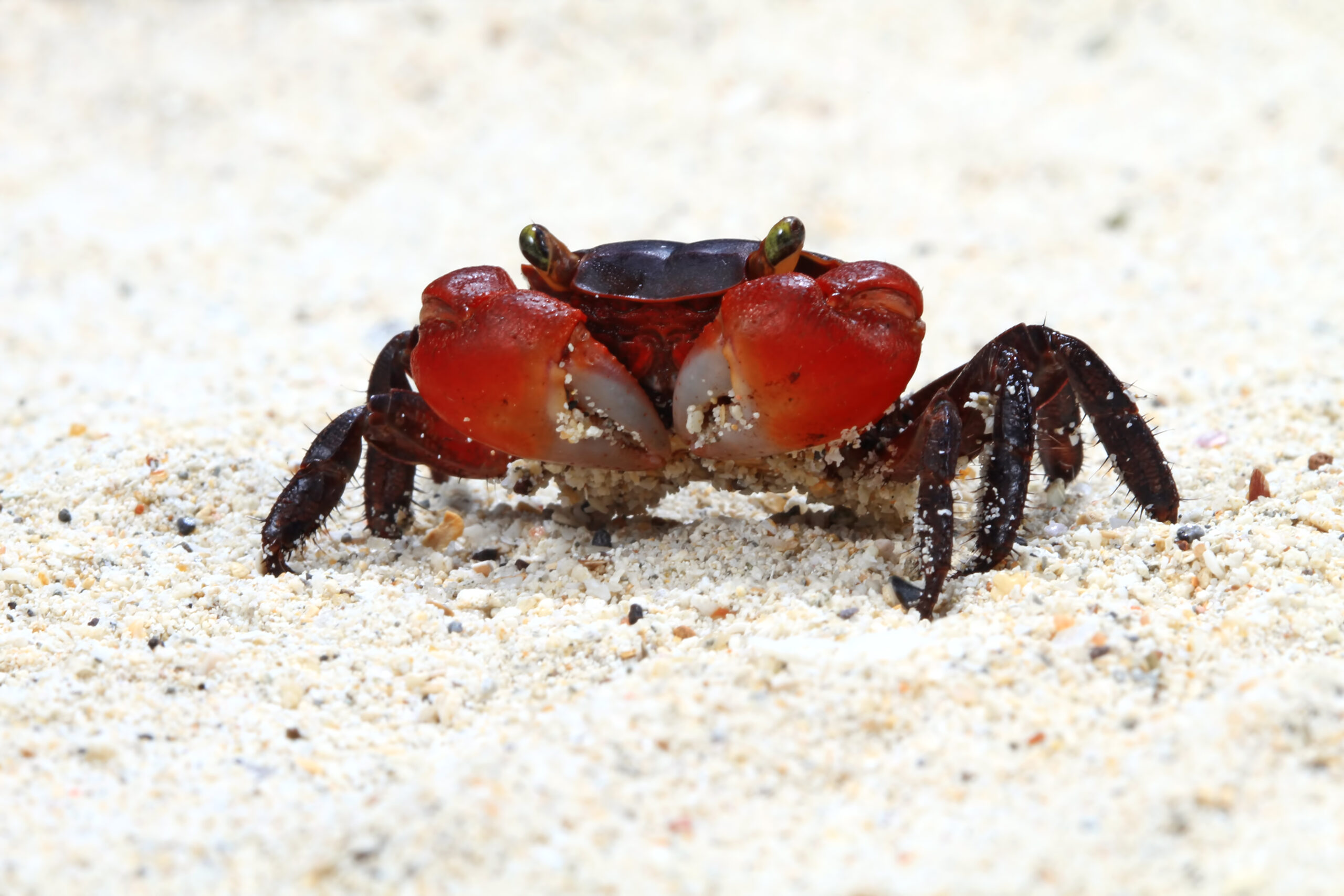Those who appreciate Italian food—especially seafood—may have heard of the word calamariere. Derived from Italy’s great culinary heritage, the term relates to a specific function around calamari—a meal prepared from squid—preparation, presentation, and perfection. But the calamariere is not only a cook. This position is steeped in cultural heritage, culinary knowledge, and seafood mastery.
We will investigate what a calamariere is, where the idea comes from, and why it is increasingly valued in high cuisine circles across the world in this essay.
A calamariere is what?
A calamariere is a chef expert in dealing with and cooking calamari. Derived from Italian for squid, calamari, and the suffix -iere—which is often used in Italian to indicate a job (like sommelier or cavaliere).
Although not very often used in daily English, the phrase is increasingly well-known among chefs, seafood aficionados, and aficionados of Italian food. Usually operating in coastal areas where squid is fresh and plentiful, a calamariere These are artists that know how to marinate, cook, and present calamari in a range of dishes, not just simply frying or grilling.
Sources in Italian Coastal Culture
Particularly in areas like Sicily, Campania, and Liguria, the calamariere character is profoundly ingrained in Italian maritime customs. Squid is a common component of regional diets in these locations and is frequently cooked in classic styles—stuffed, grilled, fried, or added with pasta.
Some chefs started concentrating only on calamari over generations, perfecting their technique to bring out the greatest from this fragile seafood. Through apprenticeships and familial customs, these experts grew to be known as calamarieri (plural in Italian) and their methods were handed down.
What Calamariere Does?
A calamariere‘s duties include:
- Selection of squid: Choosing only the freshest catch based on texture, smell, and appearance.
- Careful innard, skin, and beak removal by means of cleaning and prepping.
- Mastering several cooking methods including sautéing, searing, frying, or filling.
- Seasoning and presentation: Improving natural flavors with herbs, lemon, and spices keeping beautiful presentation intact.
- Knowing texture and timing helps to guarantee the squid is tender not rubbery—a sign of actual expertise.
Some calamarieri try gourmet presentation utilizing sous-vide or calamari carpaccio—two contemporary cooking methods.
Reasons Why the Calamariere Counts
The calamariere shines out as a custodian of quality in a society when seafood is usually overcooked or badly cooked. Their commitment guarantees that creative preparations of squid meals preserve their traditional core.
This position also emphasizes the need for specialization in the culinary arts. Calamarieri are the apex of seafood craftsmanship in Italian cuisine, much like sushi chefs spend years honing their skills.
QandA: Knowing the Calamariere
Q: Does contemporary Italian eateries use the word “calamariere”? “
A: Particularly in coastal or upscale seafood-oriented restaurants, yes. Though it may not sound like a formal job title, the knowledge is acknowledged.
Q:A chef differs from a calamariere in what?
A chef possesses basic culinary expertise, but a calamariere concentrates on squid meals—understanding everything from acquisition to presentation.
Q: Without any official instruction, may I become a calamariere?
A: Many calamarieri study by means of hands-on experience, mentoring, and great passion in seafood preparation, even if official culinary school is helpful.
Q: Are there current trends affecting a calamariere’s work?
A: Yes. Many are keeping the fundamental techniques in place while also including worldwide flavors, using environmentally friendly seafood methods, and experimenting with fusion cuisine.
Conclusion
Roles like the calamariere are getting the credit they merit as the world taste matures.
Knowing about the calamariere improves your encounter with Italian cuisine whether you are a cook trying to specialize or a restaurant wanting to learn more about what is on your dish.











